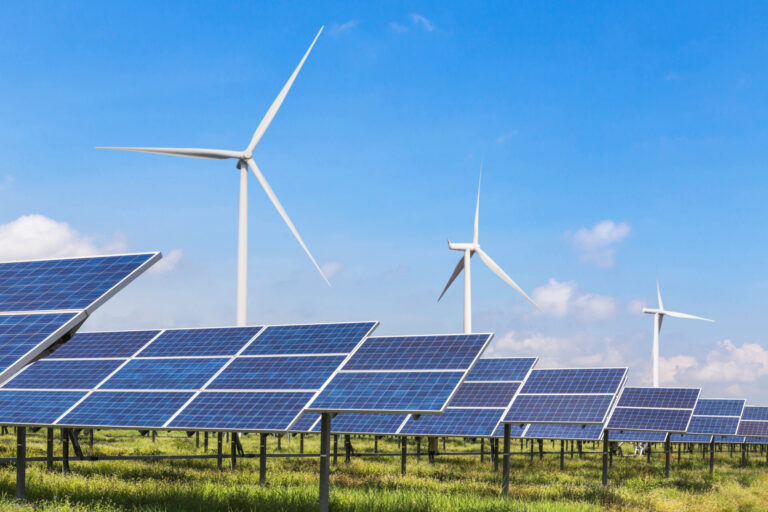The REGO Reckoning In the UK’s journey towards net zero, Renewable Energy Guarantees of Origin (REGOs) have long served as...
Read More- Energy Insights
What is a Supplier of Last Resort?
-
 Tom Coyne
Tom Coyne
- 2 minute read
UK Oil and Gas: Rising Import Dependence and Market Pressures
Two significant developments in the UK’s energy sector illustrate the evolving landscape: a predicted sharp rise in oil and gas...
Read MoreTeaching Sustainability: Net Zero Solutions for the Education Sector
Why Net Zero Matters for Your Institution With the UK government committed to achieving net zero carbon emissions by 2050,...
Read More
The energy crisis has left many customers on what is known as a Supplier of Last Resort. This week, EDF was appointed to be the Supplier of Last Resort for 11,700 domestic customers formerly with Zog energy. However, the phrase is alien to those who have not had their energy provider go bust, so what exactly is a supplier of last resort and what does it mean for your tariff?
What are Suppliers of Last Resort?
Customers are transferred to a Supplier of Last Resort when their current energy provider ceases to trade. Ofgem will automatically allocate a Supplier of Last Resort to supply gas and electricity to your business without you having to do anything. This has become a common occurrence during the recent energy crisis, with many suppliers no longer being able to trade in a commercially viable manner.
The move to transfer customers to a new supplier guarantees that your energy supply will continue, so even if your supplier goes bust, your supply of energy will continue.
Will being transferred affect my current energy tariff?
To make matters worse, deemed rates aren’t capped by Ofgem. This means that business consumers are significantly more at risk than household consumers, who are protected by an energy price cap, limiting the amount a supplier can charge them.
Can I Avoid Being Transferred to a Supplier of Last Resort?
The collapse of your supplier means that you have no contract exit fees. This means that you are free to shop around and find a better new tariff.
How BP can help
At BP, we have a wealth of industry specialists, connections with the leading energy suppliers and expertise in alternative fuel sources meaning that we can find you the most competitive tariff and help you avoid costly deemed rates.
We will provide you with a dedicated account manager who will work with you to understand what package you need before providing you with a range of energy options. Contact BP for a free consultation today, let us provide your business shelter from the ongoing energy storm.




